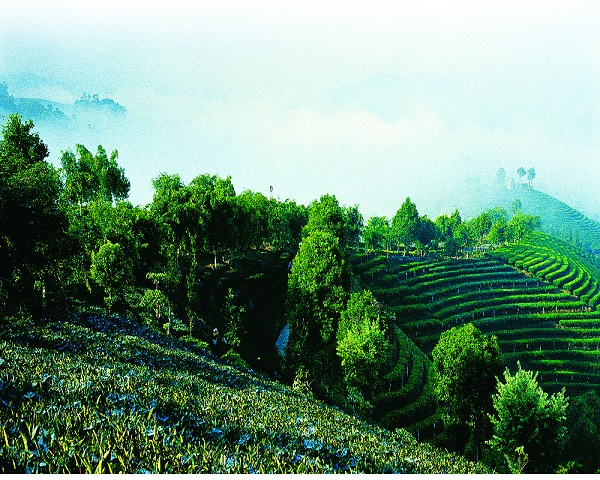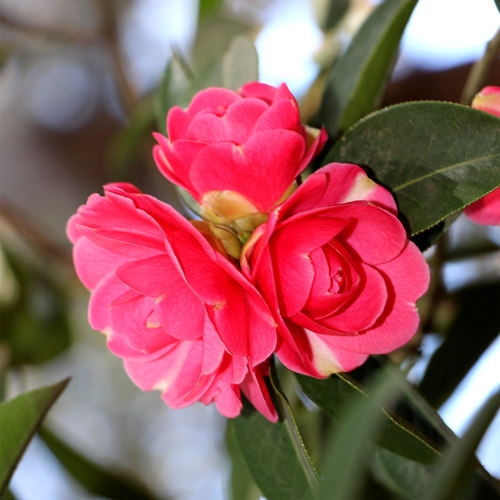
Pu'er:“Tea-Horse Road" Connecting China to Other Countries
The incoming of back-to-school date makes Nakeli Village, Tongxin Town, Ning'er Hani & Yi Autonomous County more vibrant. It was a former important relay station on the Tea-Horse Road. Every weekend, groups of students - including some overseas students from Laos, Thailand and other Southeast Asian countries - come and visit this place.
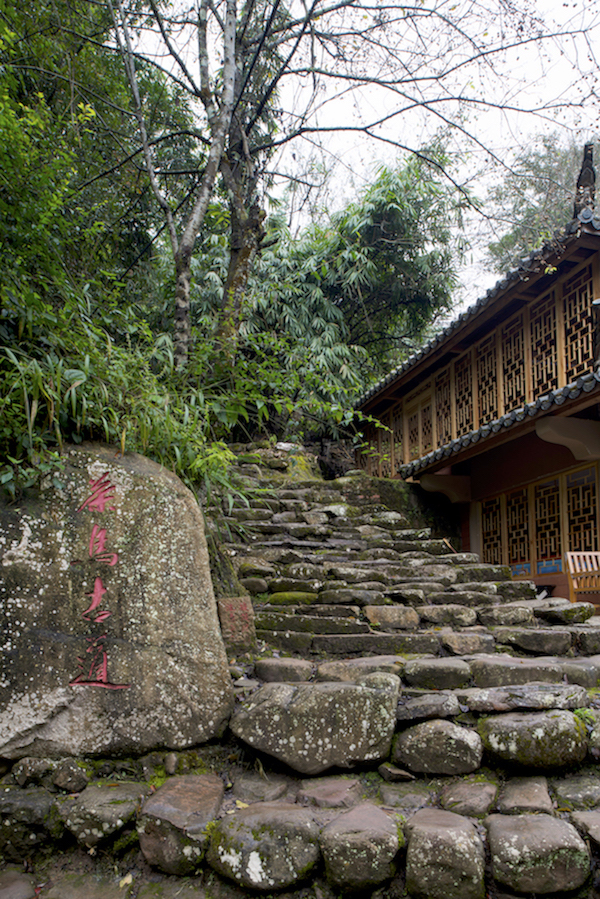
Starting from this source place of Tea-Horse Road, Pu'er is connected to the Southeast Asian countries and regions by this thousand-year-old road. Today, the number of overseas students from neighboring countries who intend to study in Pu'er keeps growing. Just say the overseas students from Laos who are currently studying in Puer University are over 200. At the same time, a rising number of graduates choose to get employment in neighboring countries.
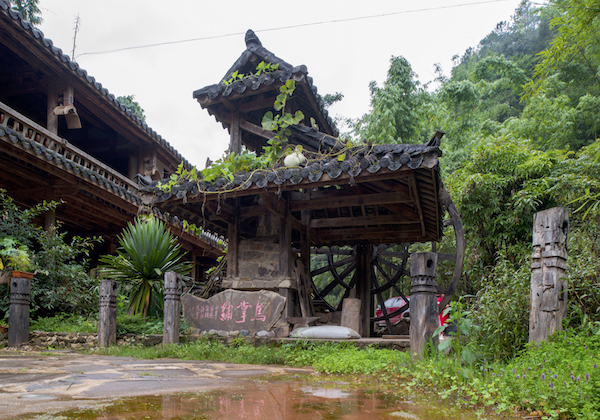
"On the ancient silk road and tea-horse road, different nationalities and cultures are helping supply each other, and learning from each other." On the Yunnan Global Promotion Event held by the Ministry of Foreign Affairs of the People's Republic of China, "Tea-Horse Road" became a hot word mentioned frequently by present guests and diplomatic agents stationed in China.
All this time, the tea-horse road has always been a road with homesickness for Yunnan people. The stone road with footprints of horses, the hundred-year-old Wind and Rain Bridge, the saddles passing down from multiple generations... Since 2007, Nakeli Village has conducted the tea-horse road protection and developmental repair project, which restored the historical appearance of the ancient tea-horse relay station. Besides the fundamental tourism facilities, it also constructed water landscapes, the Horse Jump Stone, the Horse-Washing Platform, the Ancient Road Gallery in the relay station.

Soon to noon, Shi Songying, the hostess of "Rong Fa Ma Dian" - a shop with a history over 200 years in Nakeli Village - was greeting guests with her warm smile. She was born in and grown up in a horse-whipping family that has made living by horse-bearing commodity transportation from generation to generation. Commodities in her shop include stone water tank, oil lamp, horse buttress, hand hay cutter, leather bag, bamboo weaving bag and so on. She also opened a farmhouse restaurant in her backyard, featured by horse-gang dishes, which are welcomed by tourists.
Taking credit for the good reputation of Tea-Horse Road, Nakeli Village gets a rising popularity from tourists. Now 40% of people in Nakeli go in for tourism services. A "Nakeli Tea-Horse Road Relay Station Association" is founded in the local region. In May 2013, the State Council listed the Tea-Horse Road (Ning’er Section) into the Seventh Batch of National Key Cultural Relics Protection Units. And Nakeli Village was listed into China Traditional Villages in the same year. In 2015, Nakeli Village was listed into National Eco-Cultural Villages.
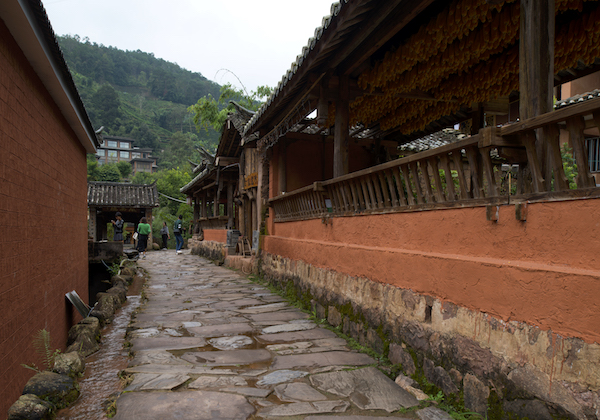
Along with the opening up of Yunnan and its deepening cooperation with neighboring countries, more and more people recognize the pioneering spirit and sharing culture embedded in the Tea-Horse Road. Mining and inheriting the history and culture of Tea-Horse Road and showing the image of Yunnan are getting towards a higher level.
Now, the "Tea-Horse Road" Series of theme tourism projects are on the horizon. In 2014, Pu'er City and Yunnan Mekong River Group signed an agreement to conduct a protective development on the Tea-Horse Road site at 0 km between Lameipo and Tuditan, which adopted the national 5A tourist scenic standard, to build the Pu'er Tea-Horse Road Tourist Scenic Zone. The group also collaborated with China Oriental Performing Arts Group on a large performance - "Tea-Horse Road" in Pu'er Grand Theater, mating with the construction of tea-horse ancient tourist town, tea-horse night market and other commercial tourism projects to mine and display the culture of tea-horse road.
"Tea-horse road culture brand has a unique historical value and resource scarcity. Deduction of the ancient road culture and horse gang story will definitely seize the heart of the tourists." Bao Jianbin, the general manager of Yunnan Mekong River Group, is completely confident in the developmental potential and space of tea-horse road culture resources. Thus Yunnan Mekong River Group set a high start of the project and gave a large investment on the project. Bao Jianbin hopes that more and more people will get to know that Yunnan people had the wish and actual practices as early as thousand years ago through the construction of tea-horse road tourist scenic zone. And Bao hopes it will get more and more young people to think about how to promote Yunnan, such a good place with so many good products, to the whole country and the whole world.
(Source: yunnan.cn)

